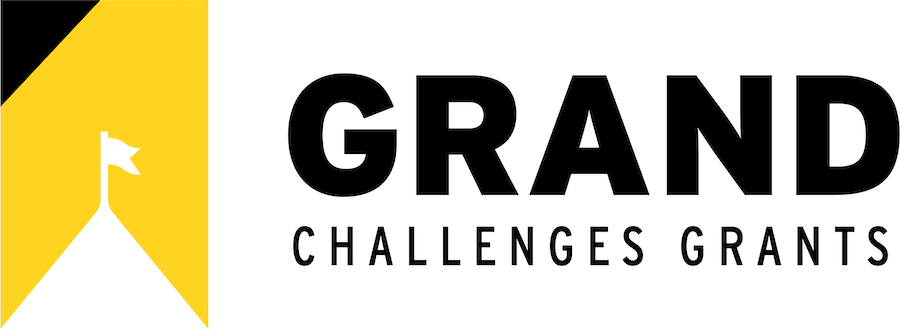Fostering Inclusivity through Technology (FIT)
Project Description
Autistic people experience sensory and social information differently from neurotypical people. This leads to frequent miscommunications and discrimination in majority-neurotypical workplaces. The FIT project aims to understand the precise causes and consequences of autistic-neurotypical misalignments in workplace conversations. Our long-term goal is to build a video-calling platform that promotes mutual understanding between autistic and non-autistic people.
This project requires both interdisciplinary collaboration and sustained engagement with stakeholders. The research team includes autistic people, language and cognitive scientists, engineers, and experts in machine learning and human-computer interaction. We will be engaging with autistic and non-autistic stakeholders in industry, policy, and advocacy.
With support from a UMD Grand Challenges grant, we are pursuing several strands of convergent research:
- Investigating communication needs and challenges in workplaces with autistic people
- Analyzing real-time communication dynamics in conversations between non-autistic people, autistic people, and mixed-neurotype pairs
- Developing and testing new features for video calling platforms
- Developing efficacy benchmarks and ethical criteria for AI-infused technology to support communication
Project Team
Yi Ting Huang (HESP, MLSC), PI
Shevaun Lewis (MLSC), Co-PI, Project manager
Ge Gao (iSchool), Co-PI
Kathy Dow-Burger (HESP), Co-PI
Andrew Begel (Carnegie Mellon University), Co-PI
Carol Espy-Wilson (ECE)
Elizabeth Redcay (PSYC)
Louiqa Raschid (Smith School of Business)
Quentin Leifer (MLSC)
Ira Kraemer (NACS M.S. ‘21)
Allison Dods (PhD student, LING)
Thanushi Withanage (PhD student, ECE)
Definitions
- Autism is a developmental disability with heterogeneous and wide-ranging characteristics. It can include differences in cognition, perception, motor skills, communication, and social interaction. Some autistic people need more support for daily living, others less.
- Neurotypical: not having a specific neurocognitive disability, such as autism, ADHD, or learning disabilities. But it is often used in a narrower way, to mean “non-autistic”.
- Video calling platform: a website or software application that allows 2 or more users to talk to each other over both audio and video channels. Many video calling platforms incorporate many other features, such as text chat, file sharing, emoji reactions, and more. Some popular video calling platforms include Zoom, Microsoft Teams, Skype, and Webex.




